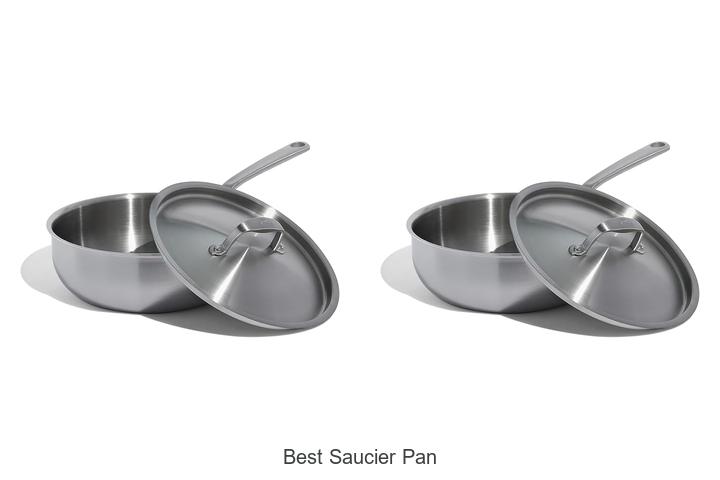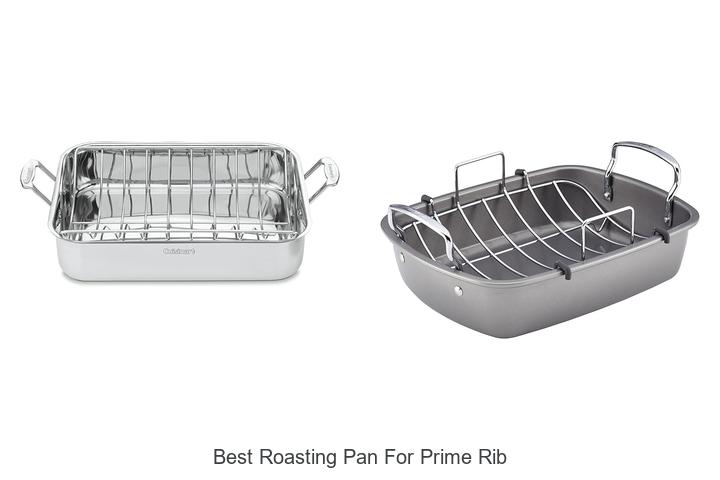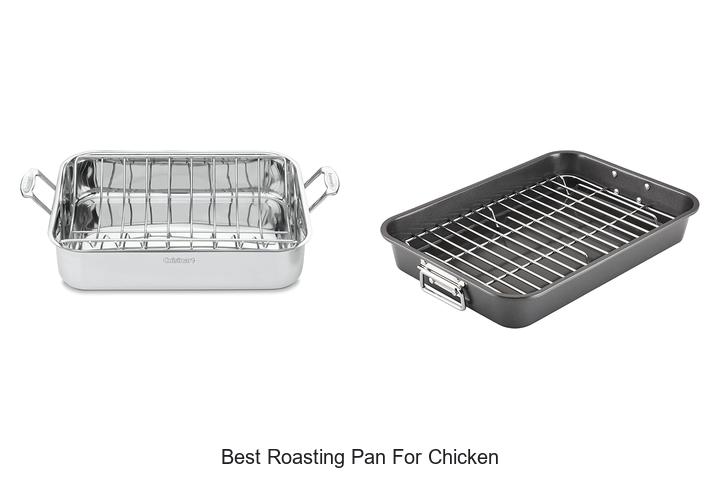Keeping your Foreman grill clean is key to enjoying tasty meals and extending its lifespan. If you’ve ever struggled with stuck-on grease or burnt food, you’re not alone. Regular cleaning not only improves the flavor of your food but also ensures your grill works efficiently every time you use it.
You might think cleaning a Foreman grill is tricky, but with the right approach, it’s actually quick and simple. Whether you’re dealing with daily messes or a deep clean after heavy use, knowing the best techniques will save you time and effort. Let’s dive into easy steps to keep your grill spotless and ready for your next delicious meal.
Understanding Your Foreman Grill
Knowing your Foreman grill’s parts helps you clean it effectively. Each component plays a role in maintaining performance and hygiene.
Key Components to Clean
- Grill Plates: Non-stick surfaces where food cooks. Clean these to avoid residue buildup that affects flavor.
- Drip Tray: Catches excess grease and fat. Empty and wash regularly to prevent odor and mess.
- Housing Exterior: Keeps the grill’s internal parts safe. Wipe down to remove splatters and dust.
- Heating Elements: Located beneath the grill plates. Avoid direct contact but clear crumbs around edges to maintain heat flow.
Importance of Regular Cleaning
Regular cleaning removes grease, food particles, and bacteria. This prevents flare-ups, extends the grill’s lifespan, and keeps your meals tasting fresh. Consistent upkeep reduces the need for intensive deep cleans and preserves the grill’s non-stick coating.
Preparing to Clean Your Foreman Grill
Getting your Foreman grill ready for cleaning ensures safety and effective removal of grease and residue. Follow these steps before starting the cleaning process.
Unplugging and Cooling Down
Unplug the grill to cut off power and prevent electric shock while cleaning. Allow the grill plates to cool completely for at least 15 to 30 minutes, since cleaning hot surfaces risks burns and damage to cleaning tools. Waiting also lets grease solidify, making it easier to remove.
Gathering Cleaning Supplies
Collect all necessary supplies before cleaning to streamline the process. You’ll need:
- A soft sponge or non-abrasive cloth to protect the non-stick coating
- Mild dish soap for effective grease removal
- A plastic or nylon scraper to lift stuck food without scratching
- Paper towels or microfiber towels for drying
- Warm water to loosen grime during cleaning
Having these tools ready keeps the process efficient and avoids damage to your grill’s components.
Step-by-Step Guide on How to Clean Foreman Grill
Follow these clear steps to clean your Foreman grill efficiently. Each part requires specific care to maintain performance and appearance.
Removing Grill Plates (If Removable)
Start by detaching the grill plates if your model has removable ones. Unplug the grill and wait at least 15 minutes for it to cool. Release the locking mechanism or press any release buttons. Soak the plates in warm, soapy water for 10 to 15 minutes to loosen stuck-on food. Use a soft sponge or plastic scraper to remove residue without damaging the non-stick surface. Rinse thoroughly and dry completely before reattaching.
Cleaning Non-Removable Plates
For grills with fixed plates, wipe the surface with a damp cloth while it’s still slightly warm but not hot to avoid damage. Use a plastic scraper carefully to lift food particles. Apply a small amount of mild dish soap on a damp sponge to scrub gently. Avoid excess water to protect electrical components. Rinse the sponge and wipe plates again to remove soap. Dry with a clean towel or let air dry before storing or using.
Cleaning the Drip Tray
Remove the drip tray after every use. Pour out grease and wash it with warm, soapy water. For tough stains, soak the tray for 10 minutes before scrubbing with a sponge. Rinse well to eliminate soap residue and dry thoroughly to prevent rusting or mold. Replace it securely to catch drippings during the next grilling session.
Wiping Down the Exterior
Use a soft cloth slightly dampened with warm water and mild detergent to clean the grill’s exterior. Focus on handles, knobs, and any visible grease spots. Avoid abrasive cleaners or scrubbers that can scratch the finish. Dry the surface completely with a microfiber cloth to maintain shine and prevent moisture damage.
Tips for Maintaining a Clean Foreman Grill
Maintaining a clean Foreman grill ensures better cooking results and extends the grill’s lifespan. Effective upkeep involves preventing food build-up, using the right tools, and avoiding common cleaning errors.
Preventing Food Build-Up
Clean the grill plates after each use to stop grease and food residue from accumulating. Wipe the plates with a damp cloth while still warm, but not hot, to loosen stuck particles. Empty and wash the drip tray regularly to capture excess grease and avoid overflow. Avoid letting food bits harden on the plates to ensure easier cleaning later.
Using Proper Cleaning Tools
Use a soft sponge or a plastic scraper designed for non-stick surfaces to remove residue without damaging the grill plates. Avoid abrasive pads or metal utensils that can scratch the coating. Use mild dish soap and warm water for soaking removable parts. Employ paper towels or a microfiber cloth to dry the exterior and interior surfaces thoroughly.
Avoiding Common Mistakes
Avoid immersing the entire grill in water to prevent electrical damage. Never use harsh chemicals or bleach, as they degrade the non-stick coating and plastic components. Skip cleaning immediately after cooking while the grill is too hot to prevent burns; wait 15 to 30 minutes for it to cool slightly. Refrain from using metal tools that scratch the surface and cause sticking problems over time.
Conclusion
Keeping your Foreman grill clean doesn’t have to be a hassle. With the right approach and tools, you can maintain its performance and enjoy better-tasting meals every time. Regular care not only protects your investment but also makes each cooking session smoother and safer.
By staying consistent with cleaning routines and avoiding common mistakes, you’ll extend your grill’s lifespan and keep it looking and working like new. Your efforts will pay off in delicious, hassle-free grilling for years to come.


